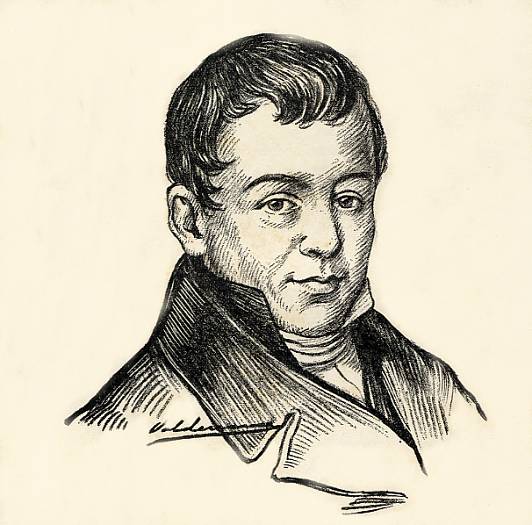2.2.2 The legacy of the political and philosophical thought of Francisco de Arango y Parreño (1765 – 1837)

Francisco de Arango y Parreño was the most significant representative of political and economic reformism, as a current of thought that arose within the Creole slave-owning and sugar-producing bourgeoisie class to which he belonged, inventor of the term “sugarocracy”, his identification with this social sector was such that his historical notes reflect rather the history of this class, above the parallel and ignored universe of the popular strata, a line that other authors would perhaps unconsciously follow in their historiographical works.
He is considered the first socio-economic essayist, as well as the father of a more technical and scientific literature on sugar production. He studied law and jurisprudence at the Royal and Pontifical University of San Jerónimo in Havana, and from Madrid, he contributed to the founding of the Economic Society of Friends of the Country.
With fundamentalist and absolutist views on politics, he even demanded that Cuba be considered a Spanish province, although for his time, this was considered advanced thinking. Nestor Carbonell states:
“He was not an apostle of his country’s freedom; he was not even a lover of the divine ideal of independence. Born in the colony, educated in love for Spain, he felt Spanish. He loyally served the mother country, although always for the benefit of his land and his countrymen (…) What Arango y Parreño did for his country, driving it along the path of culture and goodness, is equivalent, taking into account the times in which he lived, to what others later did for it in the field of action. Peoples, in their different periods of life, are born their mentors and their heroes.”
He contributed several articles to the Havana newspaper Papel Periódico, although this aspect has not been explored in depth. Regarding the linguistic and literary tone of his thought, he advocated expressive simplicity and even referred to “the scarcity of figures and pleasing epigrams” in his texts. This is associated with rationalism as a school of scientific thought and meshed perfectly with the sobriety of neoclassical aesthetics.
Although he did not directly participate in the artistic conception of the letters of his time, he was one of the first Creoles to concern himself with his homeland, both in the sphere of economic development—with the limitations of his class origins—and in the scientific and cultural spheres, a precursor to essay writing and the genre of historiography, which would gain greater insight as the need for independence became more evident.








